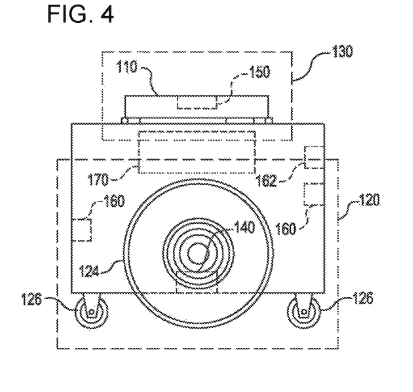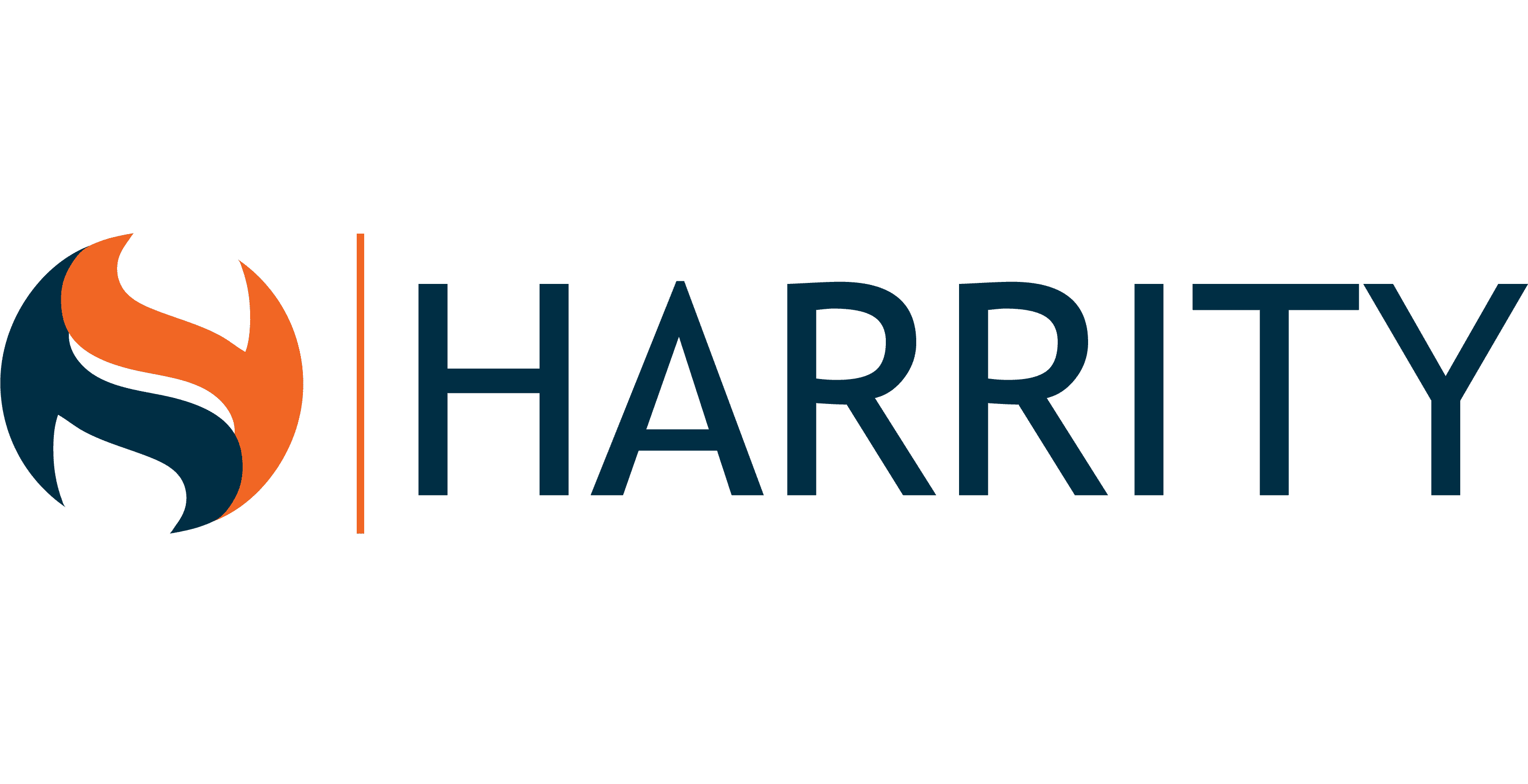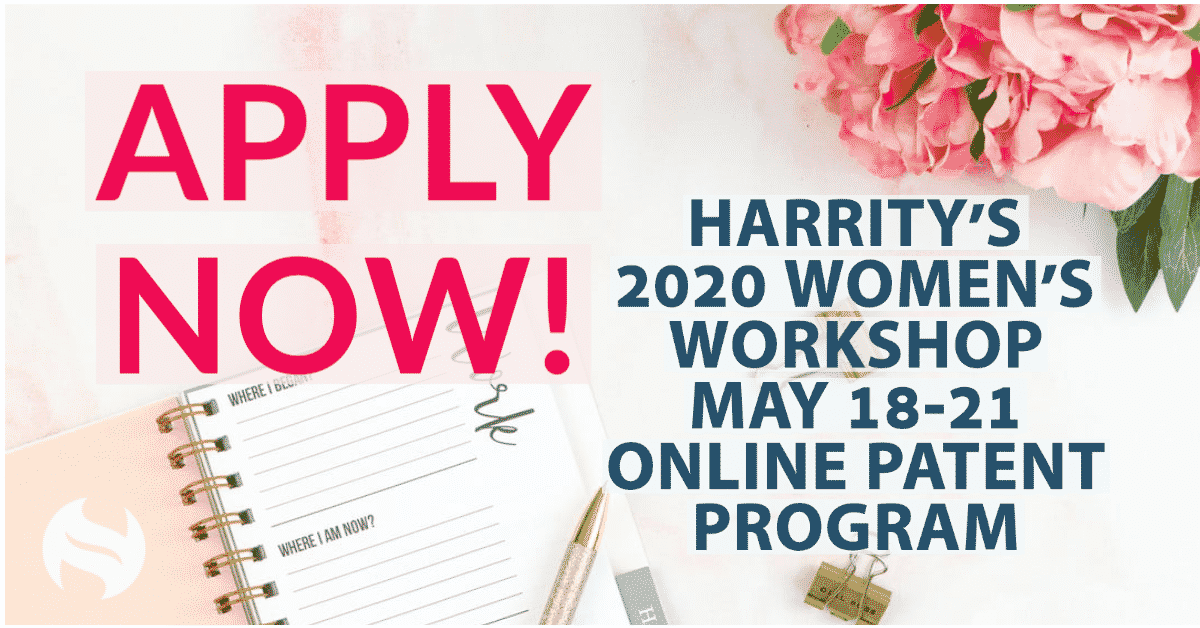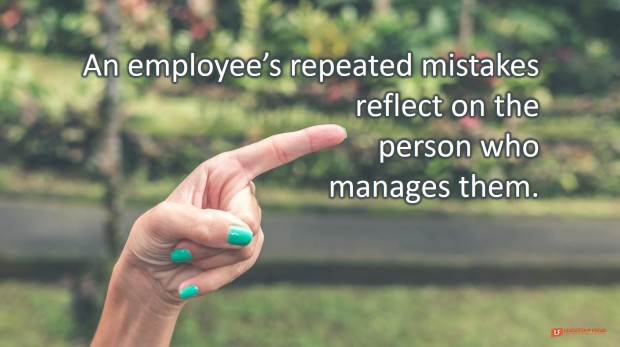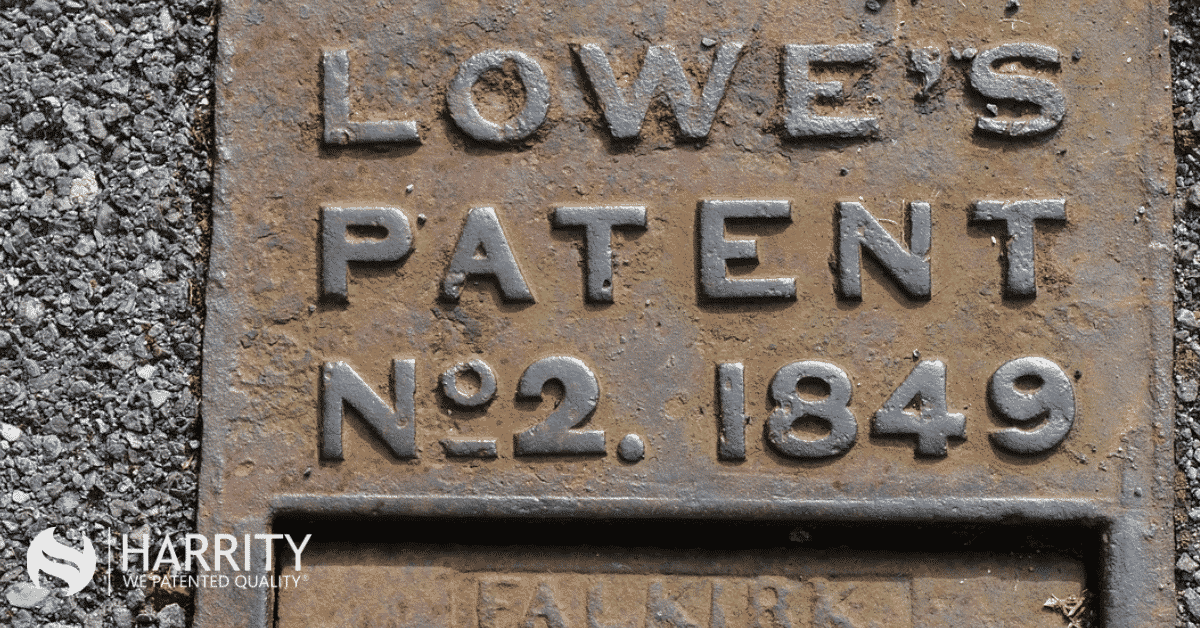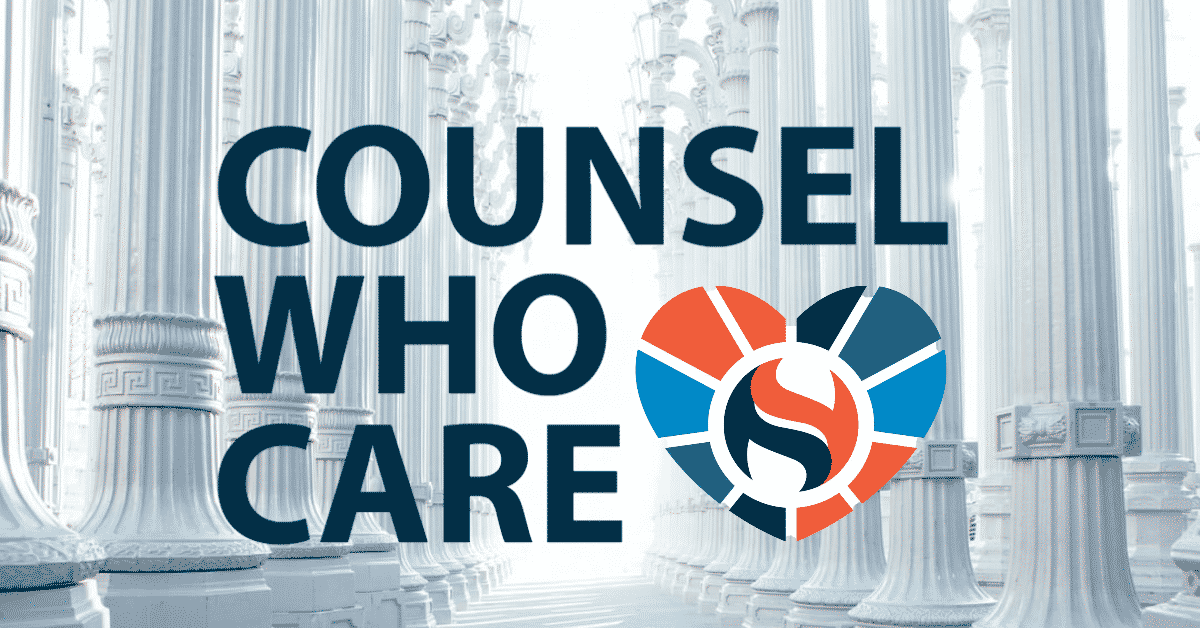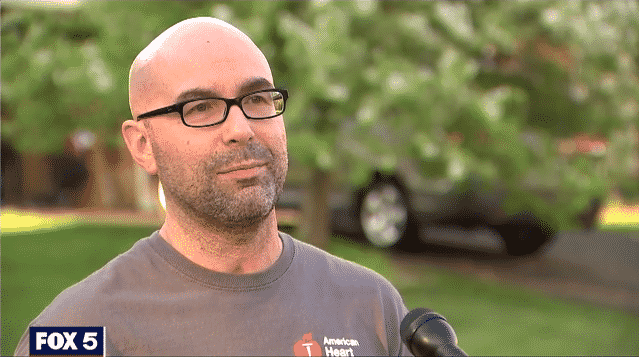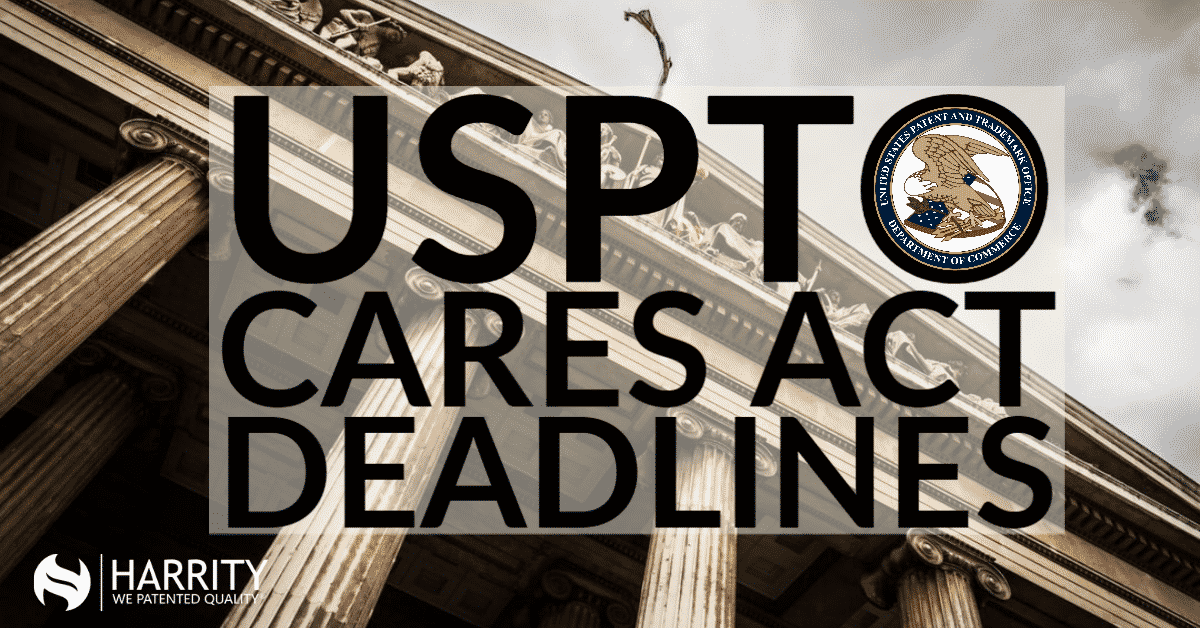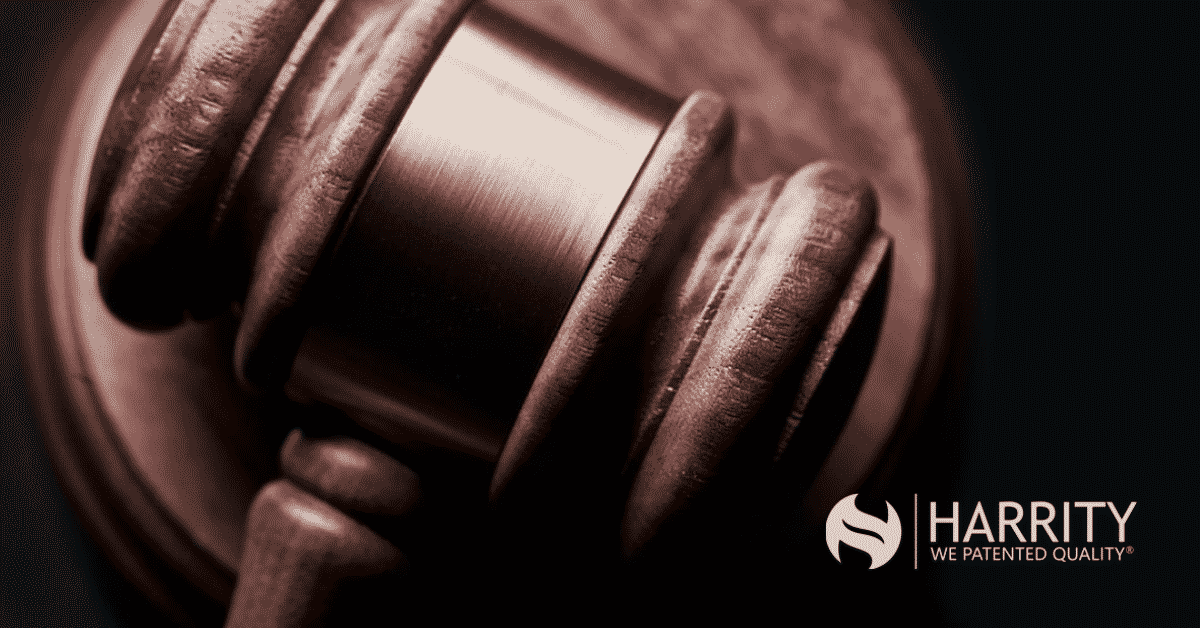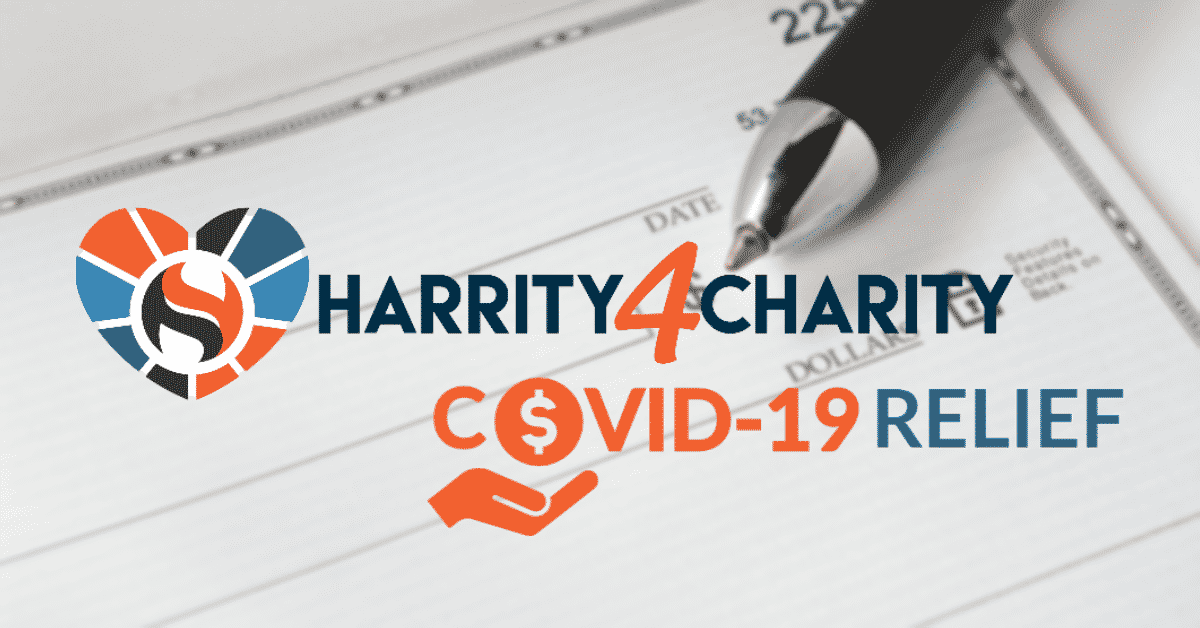With COVID-19 sending everyone into lockdown, you may find yourself looking for something productive to do. Now is a great time to learn something new. Particularly since many events that would not typically be found online are now offering free virtual versions via live streaming and video conferencing. The ability to get online provides access to innumerable resources to stay entertained and learn new skills. It is the ideal time to reconnect with your goals and start achieving them. For those interested in patent law, IP firm Harrity & Harrity, LLP is one of those resources.
Harrity’s Women’s Workshop
In response to the current climate, Harrity will host its third annual Women’s Workshop as an online program. The workshop is a rare opportunity to learn basic patent preparation and prosecution skills, interact with some of the most prominent female patent lawyers in the industry, network with a diverse group of participants, meet with a writing coach, have live Q&A’s with practicing patent attorneys, access free career mentoring, and more. The four-day program will take place May 18-21 and will be held live through online video conferencing. It is entirely free and is available to engineers and law students or recent graduates with technical backgrounds who are interested in pursuing a future in intellectual property. The program will allow participants to explore the lucrative opportunities provided by a career in patent law and learn what it takes to succeed, specifically as a female, in the patent field.
Why Attend the Program?
Obtaining a patent can be a complex process and requires several steps, including searching prior art, determining patentability, preparing and filing a patent application, and corresponding with the patent office through patent prosecution. It can be a particular struggle to determine whether an invention is a new, non-obvious invention and how it differs from existing patented concepts when attempting to obtain a patent.
In Harrity’s Women’s Workshop, you will learn how to effectively draft and prosecute patent applications in order to get the patents allowed by the USPTO, an action that will officially patent an invention. The skills to do so will be learned through a series of presentations, discussions, and practice assignments throughout the immersive program.
Speakers for the 2020 Women’s Workshop include female partners at top patent firms, the American Intellectual Property Law Association’s (AIPLA) President Elect, IP Counsel for leading technology companies, the President of the Minority Corporate Counsel Association’s (MCCA) Advisory Practice, and the former acting director of the United States Patent and Trademark Office. Each speaker will provide guidance on best practices in patent law and exclusive advice on how to succeed as a woman in this underrepresented industry.
For the first time, the 2020 Women’s Workshop will also include writing skills training by writing expert, Ed Good. Ed is a globally recognized trainer in corporate writing skills with specific expertise in legal writing. The program will also include resume and interview preparation and career mentoring for success in the patent field.
Upon completion of this workshop, participants will have a thorough understanding of what a career in patent law entails and have the tools required to pursue one.
Our Mission
At Harrity, We believe that the ‘practice of law’ is advanced by a more diverse legal team – with diversity of background, upbringing, education, and perspective comes quality legal innovation. Our mission is to promote and nurture a respectful, highly engaged, family friendly, and inclusive culture that values the diversity of our talented team with diverse backgrounds, experiences, perspectives, skills/talents, and capabilities.
The Annual Women’s Workshop is part of our ongoing diversity initiative aimed to increase the number of women practicing in the IP legal field and climbing the ladder to success. Harrity’s previous workshops are highly rated and recommended by past participants.
The virtual workshop will take place from May 18-21st and is completely free. Whether you are a science or engineering major, current student at a law school, or practicing attorney interested in intellectual property, the Harrity Women’s Workshop is a can’t-miss opportunity. The application deadline to participate is April 30th, so don’t delay- Apply Now!
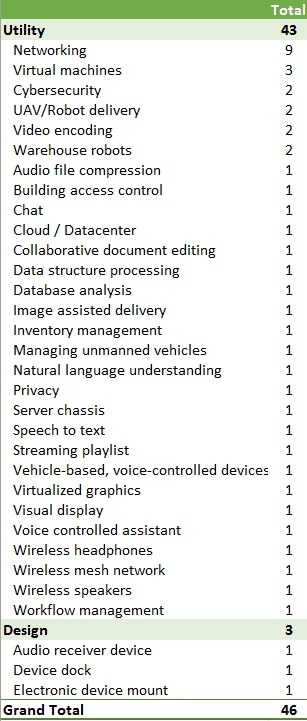 Amazon innovates in a wide range of technology areas including e-commerce, logistics, uavs, robotics, networking, cybersecurity, cloud technology and more. This week, I review the patents obtained by Amazon and summarize the technology areas covered by their patents, as well as, highlight one or two interesting technologies.
Amazon innovates in a wide range of technology areas including e-commerce, logistics, uavs, robotics, networking, cybersecurity, cloud technology and more. This week, I review the patents obtained by Amazon and summarize the technology areas covered by their patents, as well as, highlight one or two interesting technologies.